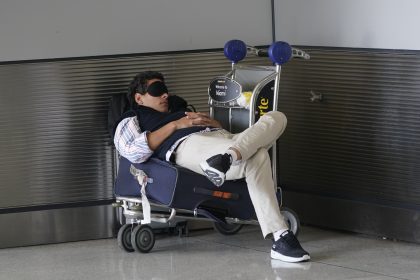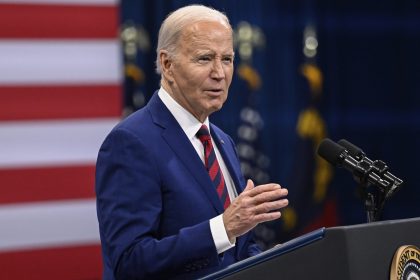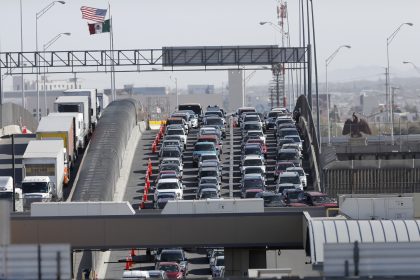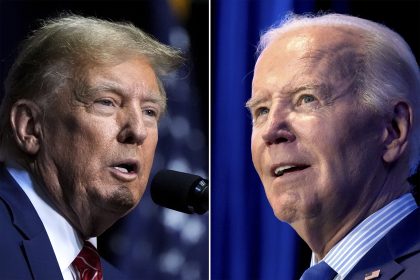Majority Want Businesses to Offer Workers Paid Sick Time for COVID-19, Poll Finds
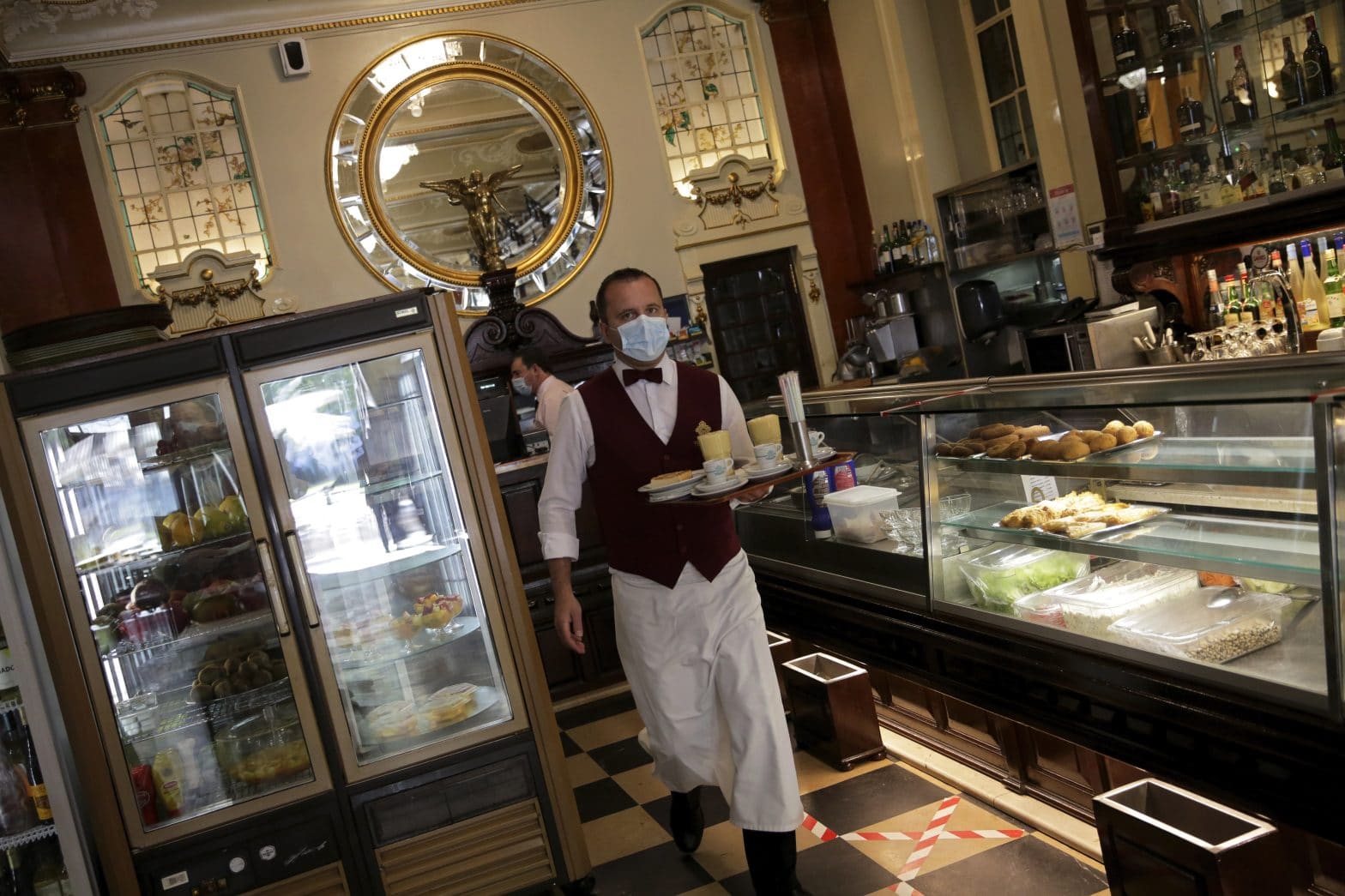
WASHINGTON – A majority of Americans said they would feel safe patronizing a business or restaurant if they knew those who worked there were guaranteed paid sick leave if they came down with COVID-19, a new poll shows.
The latest Back to Normal Barometer survey conducted by ROKK Solutions, Engagious, and the Sports and Leisure Research Group, found a solid 53% of respondents tied their sense of safety in a commercial establishment with paid sick leave for employees so that they are not risking getting others sick.
This result was comparable to the percentage that said they would feel safe if those same employees were required to wear a mask and gloves at work, and were practicing social distancing.
The federal government has guaranteed paid sick leave for employers with less than 500 employees, but several large corporations not subject to that legislation have yet to announce paid sick leave policies.
Additionally, 32% of consumers would pursue legal action if they visited a business that didn’t offer workers paid sick time, and they themselves later became ill with the coronavirus.
The survey also finds that consumers see paid sick time as a business safety intervention on par with social distancing, routine fever checks and plexiglass barriers.
“Americans want reassurance the people they interact with day-to-day have the lowest possible likelihood of getting them sick and see guaranteeing that employees’ access to paid sick days as a reassuring safety measure businesses can and should take,” said Rich Thau, president of Engagious.
The survey also found:
- 62% of consumers would feel reassured if workers wear a mask and gloves to protect their health;
- 55% of consumers would feel reassured if workers ensure customers are socially distanced from each other;
- 54% of consumers would feel reassured if workers keep a social distance to protect customers’ health;
Thirty-two percent of consumers say they would be very likely to pursue legal action after contracting COVID-19 at a business that did not offer paid sick time to workers who had the disease.
A business’ failure to offer paid sick time creates as much or more risk of liability as failing to screen customers for a fever before allowing them to enter (30% would be very likely to sue if they got sick), failing to install plexiglass shields (26%) and failing to enforce social distancing (25%).
Only a business’ failure to provide masks and gloves to workers prompts a higher share of consumers to say they would sue (39%).
Consumers in specific demographic categories are even more likely to sue a business that fails to provide paid sick days:
- 35% of men
- 35% from 35-64 years of age
- 37% of liberals
- 34% of college graduates
“Our ongoing tracking work continues to show a substantial amount of hesitancy on the part of consumers and employees to resume normal activity, absent a number of key protocols in place,” said Jon Last, president of the Sports and Leisure Research Group, and a former national president of the Insights Association and Marketing Research Institute International.
“The data clearly shows that knowing that businesses with customer-facing workers will take the necessary precautions such as guaranteeing paid sick time, helps to build the confidence necessary to bring consumers back into the market,” Last said.
“Our research takes an unprecedented review of consumer attitudes of the past compared to today’s environment so that a vast variety of industries can make strategic business decisions to navigate the difficult terrain ahead to get back to normal,” said Ron Bonjean, partner at ROKK Solutions.
This research comes as congressional policymakers are discussing additional coronavirus response and recovery legislation, including possibly extending and expanding the guarantee of paid sick time and paid family leave and business immunity from lawsuits when employees or customers become ill, among other provisions.
The current law, passed in March in response to the COVID-19 emergency, requires most businesses with fewer than 500 employees to provide employees with paid sick time for COVID-19 related quarantine, self-isolation or diagnosis and also paid time off to care for another individual or for a child whose school or child care provider is closed; up to 10 paid sick days and 10 weeks of paid family leave for parents caring for children is available through the end of 2020.
Businesses are reimbursed by the federal government for the costs of these paid leave provisions to help ensure that both businesses and workers get the help they need.
The margin of error on the June 17, 2020 online survey of 565 Americans is +/-4.12% at the 95% confidence interval.


















